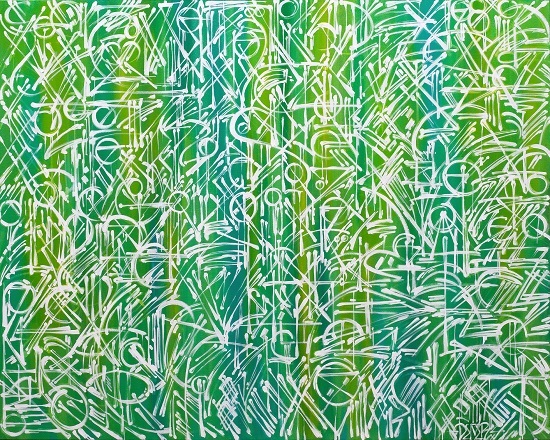
|
“They begin by a terrible fall, from which they never recover – by the salto mortale from the sublime regions of pure and absolute idea into matter. And into what kind of matter! Not into the matter which is eternally active and mobile, full of properties and forces, of life and intelligence, as we see it in the real world; but into abstract matter, impoverished and reduced to absolute misery by the regular looting of these Prussians of thought, the theologians and metaphysicians, who have stripped it of everything to give everything to their emperor, to their God; into the matter which, deprived of all action and movement of its own, represents, in opposition to the divine idea, nothing but absolute stupidity, impenetrability, inertia and immobility”
In the theologians' re-telling of the ultimate salto mortale of the divine into the material world, they sin likewise against humanity. This is how they separate purpose and meaning from human endeavor and assign it to the spiritual, of which they act as mediums, giving them power over the masses. The salto morale is a contentious theme for him and this is how he sets up the dialectic of materialism vs. idealism.
“Materialism denies free will and ends in the establishment of liberty; idealism, in the name of human dignity, proclaims free will, and on the ruins of every liberty founds authority.”
His characterization of authority as necessarily antagonistic to humanity by its having been anointed by a divine will brings the conflict of materialism vs. idealism into the political, worldly sphere. His comparisons of both Greek and Roman cultures and the nations of Italy and Germany are also attempts at anchoring the dialectic in concrete terms.
Also, doesn't his incorporation, intentional or not, of Darwinism emphasize his vision of scientific advancement as the noblest objective of human work? Am I reading it correctly that you are saying he is mixing his models here in repeatedly making reference to evolutionary concepts instead of taking the dialectical approach?
I think you may be right in saying he has Darwinism on the brain, because he also strangely echoes a kind of evolution from molecule to man in describing the spread of the fallen divine essence on earth:
“In this way it passes through all degrees of materiality and bestiality – first, gas, simple or compound chemical substance, mineral, it then spreads over the earth as vegetable and animal organization till it concentrates itself in man. Here it would seem as if must become itself again, for it lights in every human being an angelic spark, a particle of its own divine being, the immortal soul.”
I don't know his influences but it sounds like there is a template he is fixated on that acts as an undercurrent of him talking about completely separate and conflicting themes.
|
 Printer-friendly copy
Printer-friendly copy  Email this topic to a friend
Email this topic to a friend General Discussion
General Discussion
 topic #13259073
topic #13259073